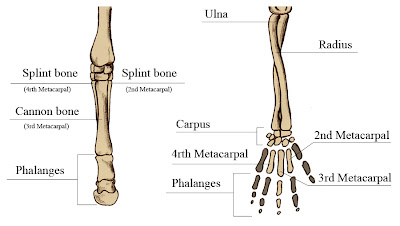They forget that the great mass of their hearers are more familiar with biblical phraseology, as a medium for religious thought, than with any other, and that holy men of old,
14
who preached with the Holy Ghost sent down from heaven, employed a plain, unadorned style, when urging eternal truths on the minds of men; that in this, they followed the example of Him, whose discourses are a perfect model of simplicity. The preachers to whom we refer, would do well to recollect that the Saviour and his apostles made a free use of quotations from "Moses and the prophets and the book of Psalms." Experience shows that men readily and naturally quote those authors, whose language most frequently mingles with their trains of thought, though the reverse is the fact in reference to writers who are only consulted occasionally.
In proof of the correctness of the portrait of Neology, which we have sketched, we shall adduce some testimony from the well-known letters of Professor Stuart, addressed to Dr. Channing, in 1819. In this work, the Professor (page 442) makes the following remarks, many of which, time has fully verified in reference to some American theologians, although we are not aware that Dr. Channing arrived at "the conclusion," which the professor here noticed. "I am well satisfied," says the professor, "that the course of reasoning in which you have embarked, and the principles now in question, by which you explain away the divinity of the Saviour, must lead most men, who approve of them, eventually to the conclusion that the Bible is not of divine origin, and does not oblige us to belief or obedience."-"Deeming what you have publicly taught them, to be true, viz., that it is no crime to believe with Mr. Belsham," who declares, that the Scriptures are not the word of
15
God; feeling the inconsistency, (as I am certain some of them will and do feel it,) of violating the rules of interpretation, in order to make the apostles speak, as in their apprehension they ought to speak; and unable to reconcile what the apostles say, with their own views; will it not be natural to throw off the restraints which the old ideas of the inspiration and infallibility of the Scriptures impose upon them, and receive them simply on the ground on which they place any other writings of a moral and religious nature?" "For myself, I regard it as more desirable, in many points of view, that the authority of the Scriptures should at once be cast off, and its claims to divine inspiration rejected, than that such rules of exegesis should be introduced, as to make the Scriptures speak, against their obvious meaning, whatever any party may desire. Avowed unbelief in the divine authority of the Scriptures can never continue long, as I would fain believe, in the present day of light and examination. Such a state of things may pass away with the generation who act in it. But it is a more difficult matter to purge away the stain which Christianity may contract by violated laws of interpretation. Those who do thus violate these laws, may obtain, and hold, for a long time, great influence over the mass of people, who are not accustomed to examine, in a critical manner, the minor points of theology. If opponents to this method of interpretation, lift up the voice of warning, they may not be heard. They are liable to the, imputation of bigotry, or ignorance, or illiberality. But when men professedly cast off their respect to the authority of the Scriptures,
16
the case becomes different, and the great body of plain and sober people will revolt.


